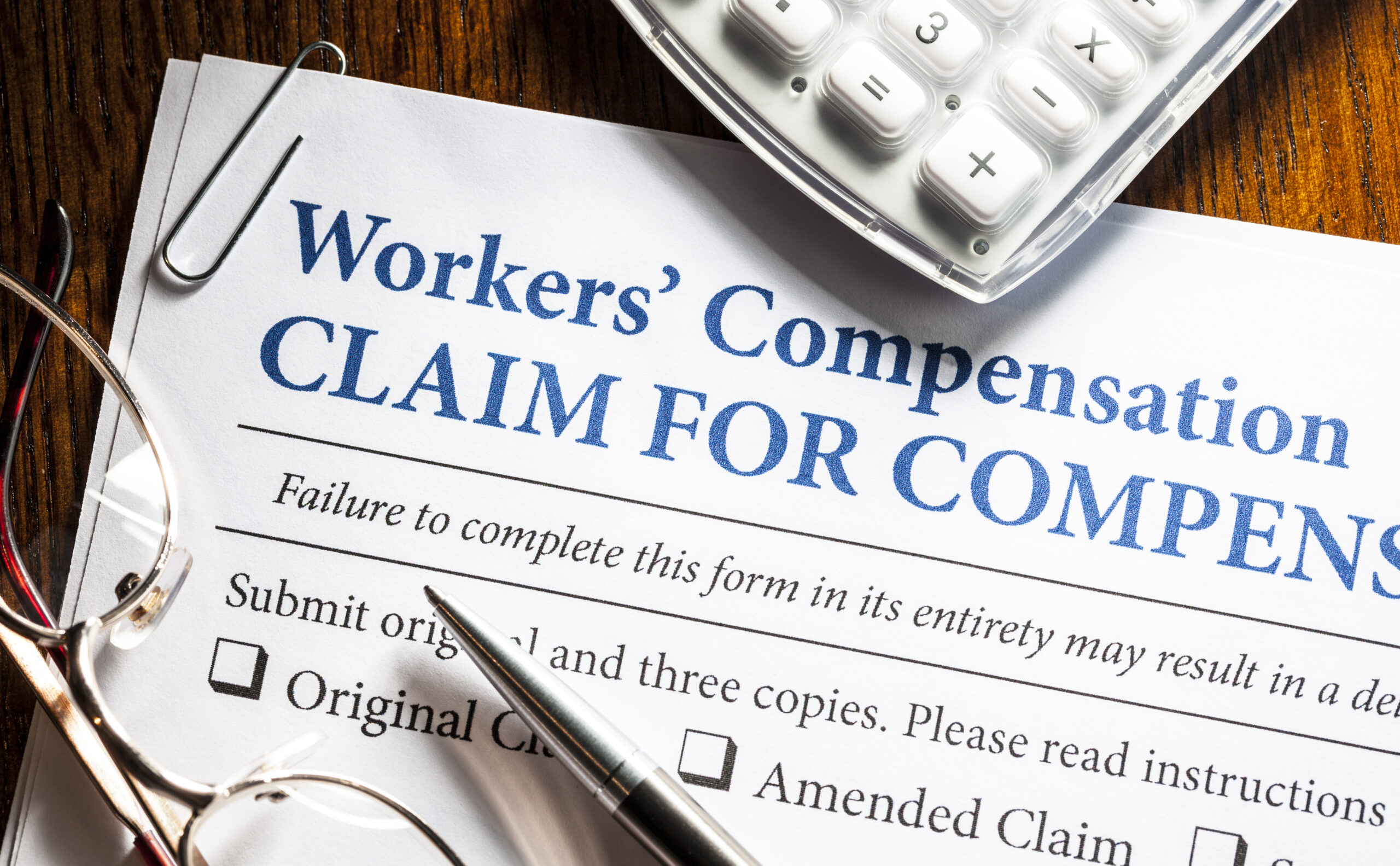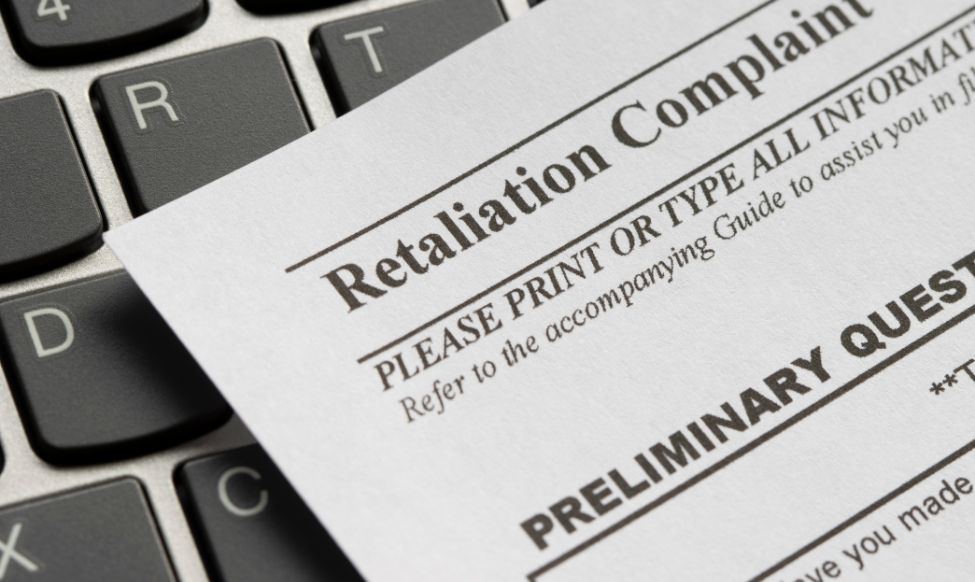
If you find navigating New Jersey‘s employer liability laws to be as confusing as trying to parallel park a minivan in Hoboken, you’re not alone. With rules and regulations changing faster than you can say “exit 13 on the Turnpike”, it can feel like you’re lost in a sea of legalese. But fear not, dear reader, because we’re here to help you navigate the choppy waters of liability laws with a sprinkle of humor and a dash of wit. So grab your compass (or GPS, we won’t judge) and let’s sail into the treacherous yet surprisingly entertaining world of employer liability in the Garden State.
Overview of Employer Liability Laws in NJ
Ever wondered what would happen if your boss suddenly decided to turn the office into a bouncy castle and you ended up injuring yourself trying to perfect your double backflip? Well, luckily for you, New Jersey has some pretty strict laws when it comes to employer liability.
First and foremost, **workers’ compensation** is a big deal in the Garden State. If you get injured on the job, your employer is legally required to provide you with benefits to cover medical expenses and lost wages. So no need to worry about breaking the bank while you nurse your bouncy castle-related injuries.
But wait, there’s more! **Employers in New Jersey are also held responsible for workplace safety**. This means they need to provide a safe working environment, which includes things like proper training, safety equipment, and regular inspections. So, if your boss tries to save money by making you wear a helmet made of cotton candy, you can bet they’ll be hearing from the authorities.
And here’s the cherry on top: **discrimination laws in New Jersey are some of the strongest in the country**. Employers can’t discriminate against employees based on things like race, gender, or disability. So, if your boss suddenly decides that only people who can juggle three flaming torches at once are allowed in the office, you can march right over to the nearest lawyer and start planning your lawsuit.
Understanding Workers’ Compensation Requirements
So, you’ve decided to start your own business and hire some employees. Congratulations! But before you start planning your office holiday party, let’s talk about workers’ compensation requirements. Because nothing puts a damper on a good time quite like a hefty fine or a lawsuit.
Here’s the lowdown on what you need to know:
- **Coverage:** You are required by law to provide workers’ compensation coverage for your employees. This means that if anyone gets injured or ill on the job, they’re covered. No need to worry about that awkward conversation with your employee about paying for their hospital bill because they tripped over a pencil.
- **Classification:** Make sure you classify your employees correctly when it comes to workers’ compensation. It can get a bit confusing, but it’s important to get it right. You don’t want to accidentally label your office manager as a construction worker and end up paying higher premiums.
- **Reporting:** If an employee does get injured or sick on the job, you need to report it to your workers’ compensation insurance carrier right away. Don’t wait until the last minute or try to sweep it under the rug. Trust me, it’s not a good look.
Remember, workers’ compensation requirements are in place to protect both you and your employees. So, don’t skimp on this important aspect of running your business. Because at the end of the day, a happy and healthy team is a productive team!
Avoiding Discrimination and Harassment Claims
Even though we all love a good joke, it’s important to remember that not all humor is appropriate in the workplace. To avoid discrimination and harassment claims, keep these tips in mind:
- Be mindful of your language: Avoid making jokes or comments that could be offensive based on someone’s race, gender, sexual orientation, religion, or any other protected characteristic.
- Respect personal boundaries: Don’t touch or invade someone’s personal space without their consent. It’s not only creepy, but it could also land you in hot water.
- Think before you speak: If you’re not sure if a joke or comment is appropriate, it’s best to keep it to yourself. Better safe than sorry!
Remember, discrimination and harassment have no place in the workplace. By being mindful of your words and actions, you can help create a safe and inclusive environment for all employees.
Ensuring Compliance with Wage and Hour Laws
As an employer, making sure you comply with wage and hour laws is crucial to avoid any legal trouble. So how can you ensure you’re following the rules while still keeping your employees happy? Here are a few tips:
Implement Clear Policies: Make sure your company’s policies on wages, overtime, and break times are clearly spelled out for all employees to reference. This will help prevent any confusion or misunderstandings.
Train Your Managers: Ensure that your managers are well-versed in wage and hour laws so they can properly oversee their employees and address any issues that may arise. A well-trained manager is worth their weight in gold!
Regularly Review and Update: Laws and regulations surrounding wages and hours can change frequently, so it’s important to stay up to date on any new developments. Set regular check-ins to review your policies and make any necessary adjustments.
Protecting Against Retaliation Claims
So you fired your incompetent co-worker for constantly stealing your snacks from the break room fridge. Now, you’re worried they might come back with a vengeance and file a retaliation claim against you. Don’t fret, we’ve got your back! Here are some tips to protect yourself:
Document Everything: Keep detailed records of the incidents that led to the termination. This includes emails, witness statements, and any other evidence that supports your decision. The more paper trails, the better!
Stay Professional: No matter how tempting it may be to unleash your inner Hulk, always take the high road. Avoid any form of retaliation or hostile behavior towards the former employee. Remember, karma is a better revenge than stooping to their level.
Consult HR: When in doubt, seek guidance from your trusty HR department. They’re like the superheroes of the workplace, equipped with knowledge on labor laws and company policies. Let them swoop in and save the day!
Minimizing Liability in Employee Termination Cases
When it comes to employee termination cases, the last thing you want is to end up in hot water. By following a few key strategies, you can minimize your liability and make the process as smooth as possible.
Here are some tips to help you navigate the treacherous waters of employee terminations:
- Document, document, document! Keep detailed records of performance issues, disciplinary actions, and any other relevant information that may come into play during the termination process.
- Communicate clearly with the employee. Make sure they understand the reasons for their termination and provide them with any necessary documentation to support your decision.
- Consider offering a severance package. While this may not always be possible, it can help soften the blow and make the transition easier for both parties.
Remember, even the most well-prepared employer can still face legal challenges when terminating an employee. By taking the necessary precautions and following best practices, you can minimize your liability and avoid any potential pitfalls along the way.
FAQs
What is employer liability?
Well, my friend, employer liability is basically the idea that employers can be held accountable for any harm or damages caused to their employees while on the job. So, if your boss accidentally drops a heavy stapler on your foot while showing off his juggling skills, you might have a case for employer liability.
What are some common types of employer liability claims in NJ?
Oh, there are plenty of ways for employers to get themselves in hot water in the Garden State. From slip-and-fall accidents in the break room to workplace discrimination claims, there’s no shortage of ways for employers to mess up and find themselves facing a lawsuit.
How can employers protect themselves from liability claims?
Ah, the million-dollar question! Employers can protect themselves by creating a safe work environment, following proper procedures for handling employee complaints, and, most importantly, not dropping heavy staplers on their employees’ feet. It’s really not that hard, folks.
What should employees do if they believe their employer is liable for an accident or injury?
First things first, make sure you’re okay and seek medical attention if needed. Then, document everything – take notes, gather witnesses, and save any relevant emails or texts. Finally, consider consulting with a knowledgeable employment lawyer to see if you have a case worth pursuing. And remember, don’t be afraid to stand up for yourself – after all, that heavy stapler didn’t drop itself!
Don’t Get Lost in the Legal Maze!
Hope this article helped shed some light on navigating the murky waters of employer liability laws in New Jersey. Remember, when it comes to legal matters, it’s always better to be safe than sorry. So don’t be afraid to seek professional advice and tread carefully in the world of employment law. Good luck out there, future legal navigators!










